Are you or your students looking for business, management and marketing projects? The following projects are available in the Student Project Bank:
SPB007: Investigate fund raising for small business development through the utilisation of crowdfunding
Investigate fund raising to support the development of a small business through crowdfunding. Examine current crowdfunding platforms and the feasibility of a low-cost DIY approach which does not involve a host platform.
SPB008: Product licensing for small and medium-sized enterprises (SMEs)
Research product licensing and discuss practical approaches, from initial contact to developing joint ventures. Make a list of recommendations.
SPB009: Using social media platforms as a promotional tool for small and medium-sized enterprises (SMEs)
Evaluate how a small business could use social media platforms to achieve growth.
SPB036: Employee Engagement Globally: A research project based on Merlin Entertainments
Employee Engagement Globally: What engages different people globally, from different geographic regions to different personas and job types. How do they want to be recognised, and what does recognition mean to them? Research trends in engagement DRIVERs per geographic region, job role and persona, as well as recognition recommendations for different groups.
SPB039: Social media marketing plan for QuietSphere Student Mentoring
Create a social media strategy aimed at university students and parents of university aged children/ university students in order to raise the profile of QuietSphere Student Mentoring.
SPB044: Crowdfunding feasibility study and campaign design for charities
Help connect millions of people to the help they need when they need it and allow millions to offer their help to those less fortunate or in need. Help-in is a charity that aims to create a new social media platform designed to increase volunteering both hands on and virtually. Carry out a feasibility study into crowdfunding models for charitable organisations and use your findings to design a three week campaign with a soft launch. There will be the opportunity to implement the campaign if desired.
SPB045: Social media marketing and management plan for a local charity
Help connect millions of people to the help they need when they need it and allow millions to offer their help to those less fortunate or in need. Help-in is a charity that aims to create a new social media platform designed to increase volunteering both hands on and virtually. Design a social media marketing plan for a crowdfunding campaign and create a management plan for the marketing plan.
SPB046: Brand development for Help-in
Help connect millions of people to the help they need when they need it and allow millions to offer their help to those less fortunate or in need. Help-in is a charity that aims to create a new social media platform designed to increase volunteering both hands on and virtually. Work with Help-in to develop their brand. This will be used to influence the look and feel of their platform and across social media, the website and any printed materials.
SPB044: Crowdfunding feasibility study and campaign design for charities
Help connect millions of people to the help they need when they need it and allow millions to offer their help to those less fortunate or in need. Help-in is a charity that aims to create a new social media platform designed to increase volunteering both hands on and virtually. Carry out a feasibility study into crowdfunding models for charitable organisations and use your findings to design a three week campaign with a soft launch. There will be the opportunity to implement the campaign if desired.
SPB045: Social media marketing and management plan for a local charity
Help connect millions of people to the help they need when they need it and allow millions to offer their help to those less fortunate or in need. Help-in is a charity that aims to create a new social media platform designed to increase volunteering both hands on and virtually. Design a social media marketing plan for a crowdfunding campaign and create a management plan for the marketing plan.
SPB046: Brand development for Help-in
Help connect millions of people to the help they need when they need it and allow millions to offer their help to those less fortunate or in need. Help-in is a charity that aims to create a new social media platform designed to increase volunteering both hands on and virtually. Work with Help-in to develop their brand. This will be used to influence the look and feel of their platform and across social media, the website and any printed materials.
SPB060: Rebrand of workplace health and wellbeing company
Midlands Workplace Wellbeing Ltd works with employers to create happy and healthy employees through consultancy, training and health activities. Help Midlands Workplace Wellbeing Ltd rebrand the business as Mindful Workplace Wellbeing. They are looking to find a new identity that has impact whilst still remaining professional in order to increase their client base.
SPB068: Raising the Profile of Bradford Abbas Village
The aim of this project is to provide better information about the village for visitors and members of the community. The information is to be both historical and current; i.e. an ‘interpretation board’ that explains the history, people and places associated with the village; and the ‘village plan statement’ located on the Parish Council website. This project will involve working with Bradford Abbas Parish Council and Bradford Abbas History Society.
Apply now:
Projects are available to all undergraduate and postgraduate students at BU and can be used for dissertations, assignments, unit, or group work. Send us an email to request a project brief and application form.
 We have a series of externally-facilitated REF outputs workshops scheduled to take place in early 2018 as part of the RKE Development Framework. Each session is led by REF 2014 sub-panel member who will explain how the panel interpreted and applied the REF 2014 guidance when assessing the quality of outputs. The workshops are open to all academic staff to attend.
We have a series of externally-facilitated REF outputs workshops scheduled to take place in early 2018 as part of the RKE Development Framework. Each session is led by REF 2014 sub-panel member who will explain how the panel interpreted and applied the REF 2014 guidance when assessing the quality of outputs. The workshops are open to all academic staff to attend.
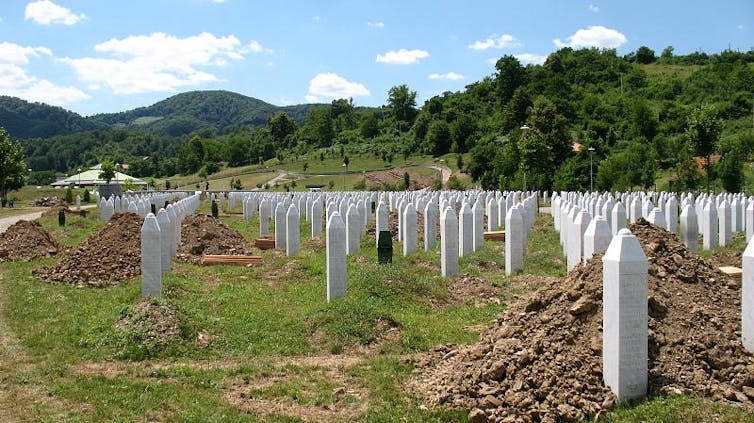
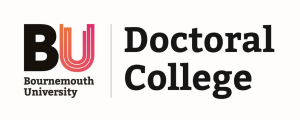 We are delighted to announce the launch of the 2018 BU PhD Studentship Competition for PhD projects starting in September 2018.
We are delighted to announce the launch of the 2018 BU PhD Studentship Competition for PhD projects starting in September 2018.



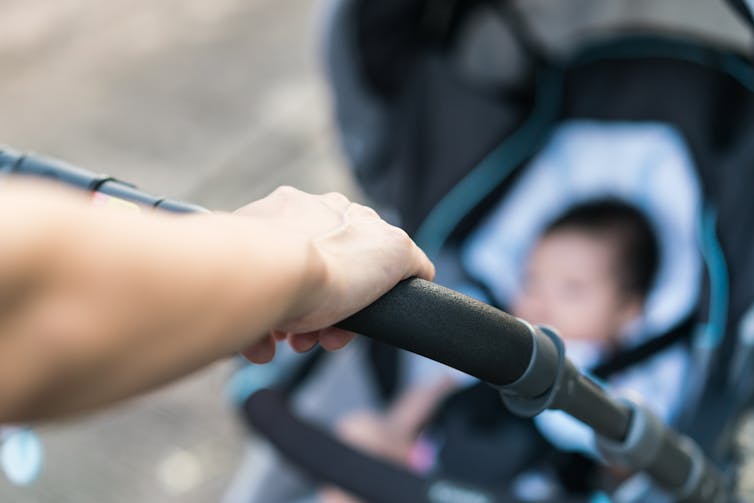
 community ‘BU: Research and Knowledge Exchange Development Framework’. From here, you can navigate through the pathways (see left hand side of screen) to the Funding from Charities pathway to find the session materials.
community ‘BU: Research and Knowledge Exchange Development Framework’. From here, you can navigate through the pathways (see left hand side of screen) to the Funding from Charities pathway to find the session materials.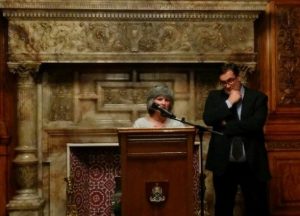 Debbie Barnett, Donor Milk Bank Coordinator of the Scottish Greater Glasgow and Clyde Donor Milk Bank, and Jean-Charles Picaud, President of EMBA, welcoming the conference attendants.
Debbie Barnett, Donor Milk Bank Coordinator of the Scottish Greater Glasgow and Clyde Donor Milk Bank, and Jean-Charles Picaud, President of EMBA, welcoming the conference attendants. 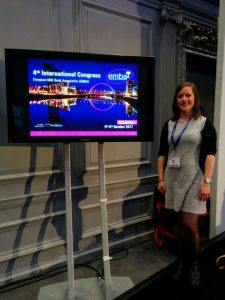 I presented the results of our national milk bank survey, which we conducted earlier this year. The study was the first national audit of human milk banking practices in the U.K. with the aim to protecting and preserving omega-3 and omega-6 long chain polyunsaturated fatty acids in donor human milk. The survey identified large variations in all practices of human milk banking, including, donor selection, transportation, and storage and handling of donor milk, and nutritional information provided for donors.
I presented the results of our national milk bank survey, which we conducted earlier this year. The study was the first national audit of human milk banking practices in the U.K. with the aim to protecting and preserving omega-3 and omega-6 long chain polyunsaturated fatty acids in donor human milk. The survey identified large variations in all practices of human milk banking, including, donor selection, transportation, and storage and handling of donor milk, and nutritional information provided for donors.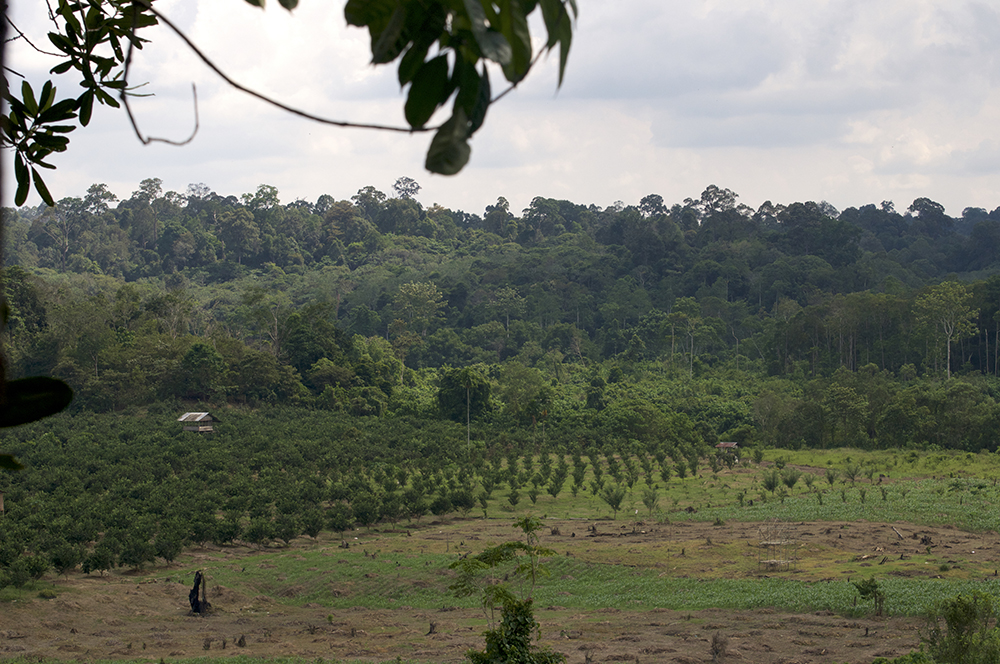











 New Nepal scoping review on maternal & neonatal health
New Nepal scoping review on maternal & neonatal health Fourth INRC Symposium: From Clinical Applications to Neuro-Inspired Computation
Fourth INRC Symposium: From Clinical Applications to Neuro-Inspired Computation Writing policy briefs
Writing policy briefs Upholding Excellence: The Concordat to Support Research Integrity
Upholding Excellence: The Concordat to Support Research Integrity ECR Funding Open Call: Research Culture & Community Grant – Application Deadline Friday 12 December
ECR Funding Open Call: Research Culture & Community Grant – Application Deadline Friday 12 December MSCA Postdoctoral Fellowships 2025 Call
MSCA Postdoctoral Fellowships 2025 Call ERC Advanced Grant 2025 Webinar
ERC Advanced Grant 2025 Webinar Horizon Europe Work Programme 2025 Published
Horizon Europe Work Programme 2025 Published Horizon Europe 2025 Work Programme pre-Published
Horizon Europe 2025 Work Programme pre-Published Update on UKRO services
Update on UKRO services European research project exploring use of ‘virtual twins’ to better manage metabolic associated fatty liver disease
European research project exploring use of ‘virtual twins’ to better manage metabolic associated fatty liver disease